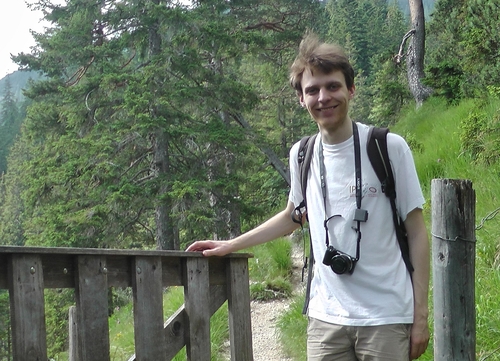 Email: FIRSTNAME.LASTNAME@uni-paderborn.de
Email: FIRSTNAME.LASTNAME@uni-paderborn.deBüro: D2.247
CV
I am a postdoc at Paderborn University. Before that, I was a Benjamin Peirce Fellow and then a Lecturer at Harvard University. My PhD thesis, supervised by Manjul Bhargava, was on parametrizations of field and ring extensions.